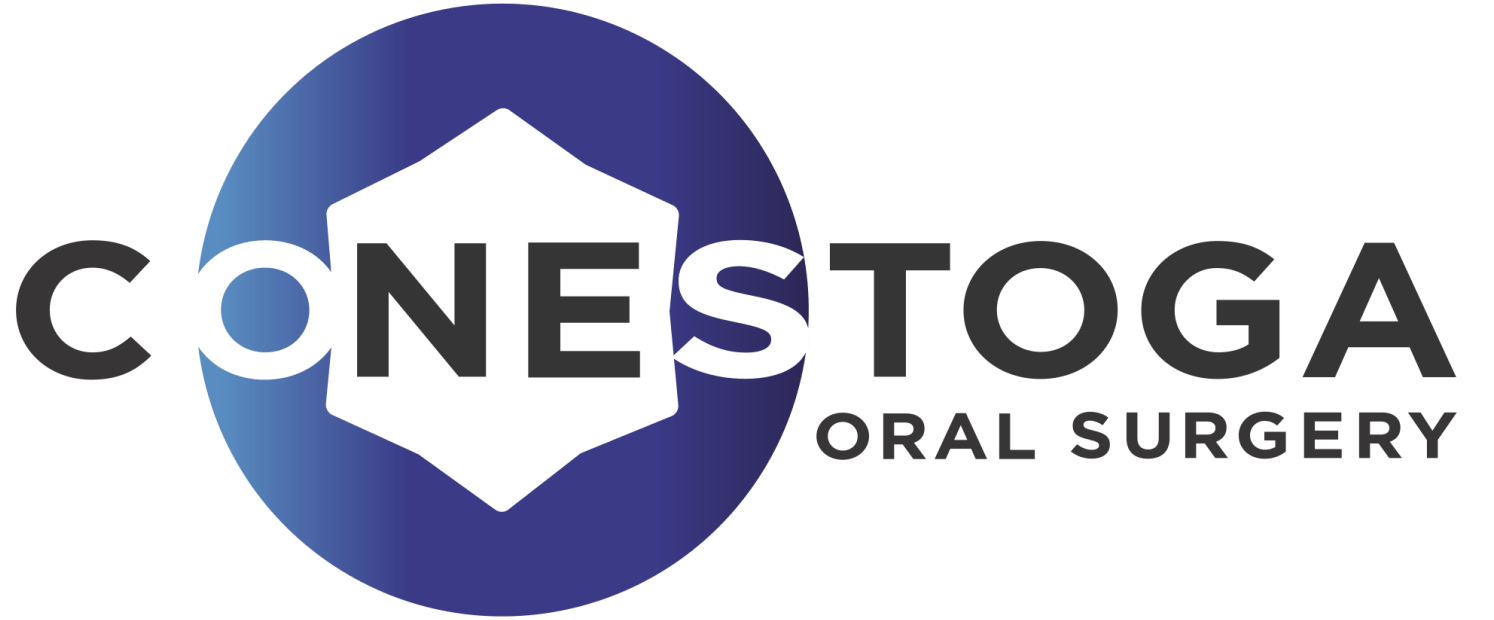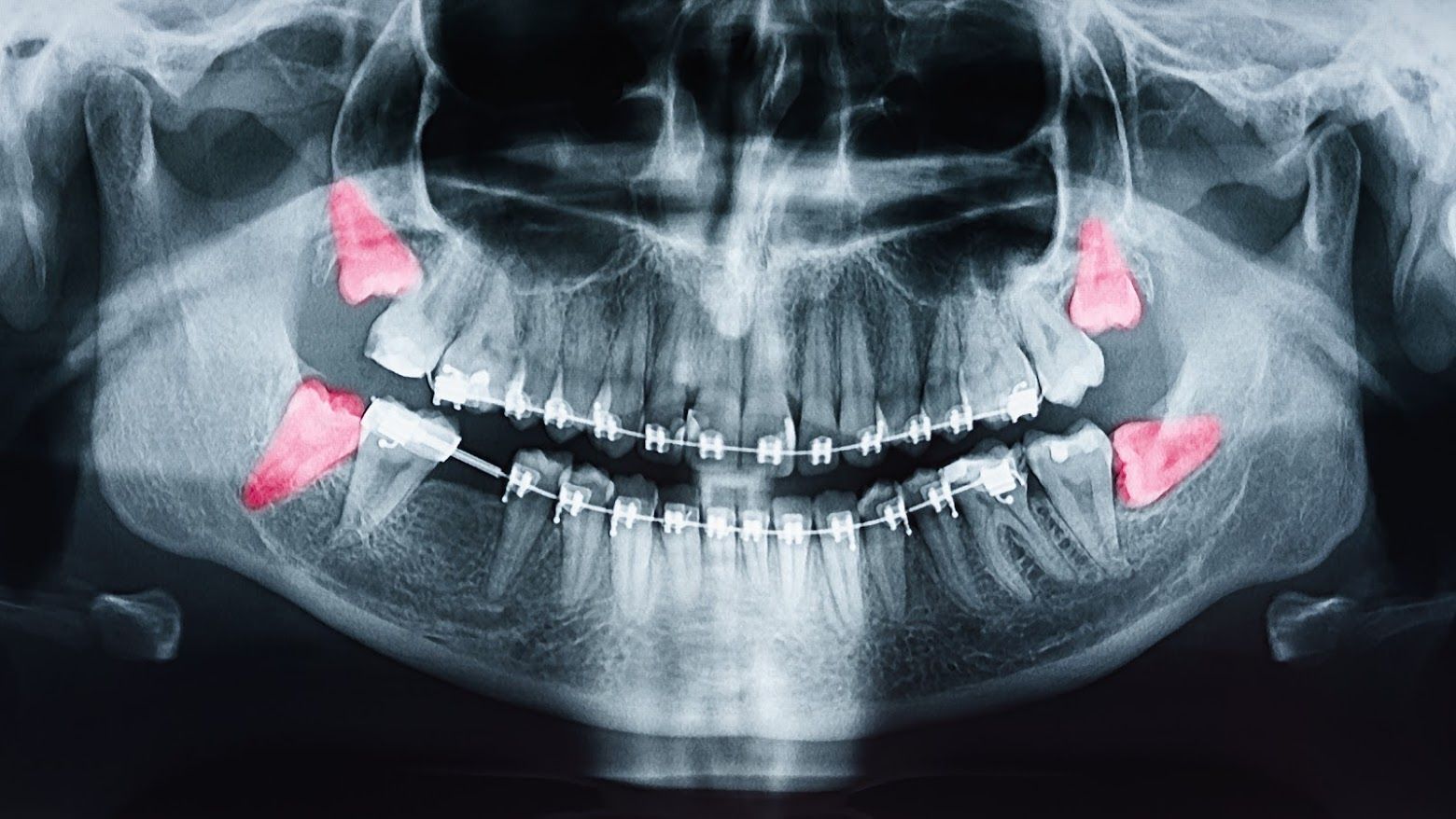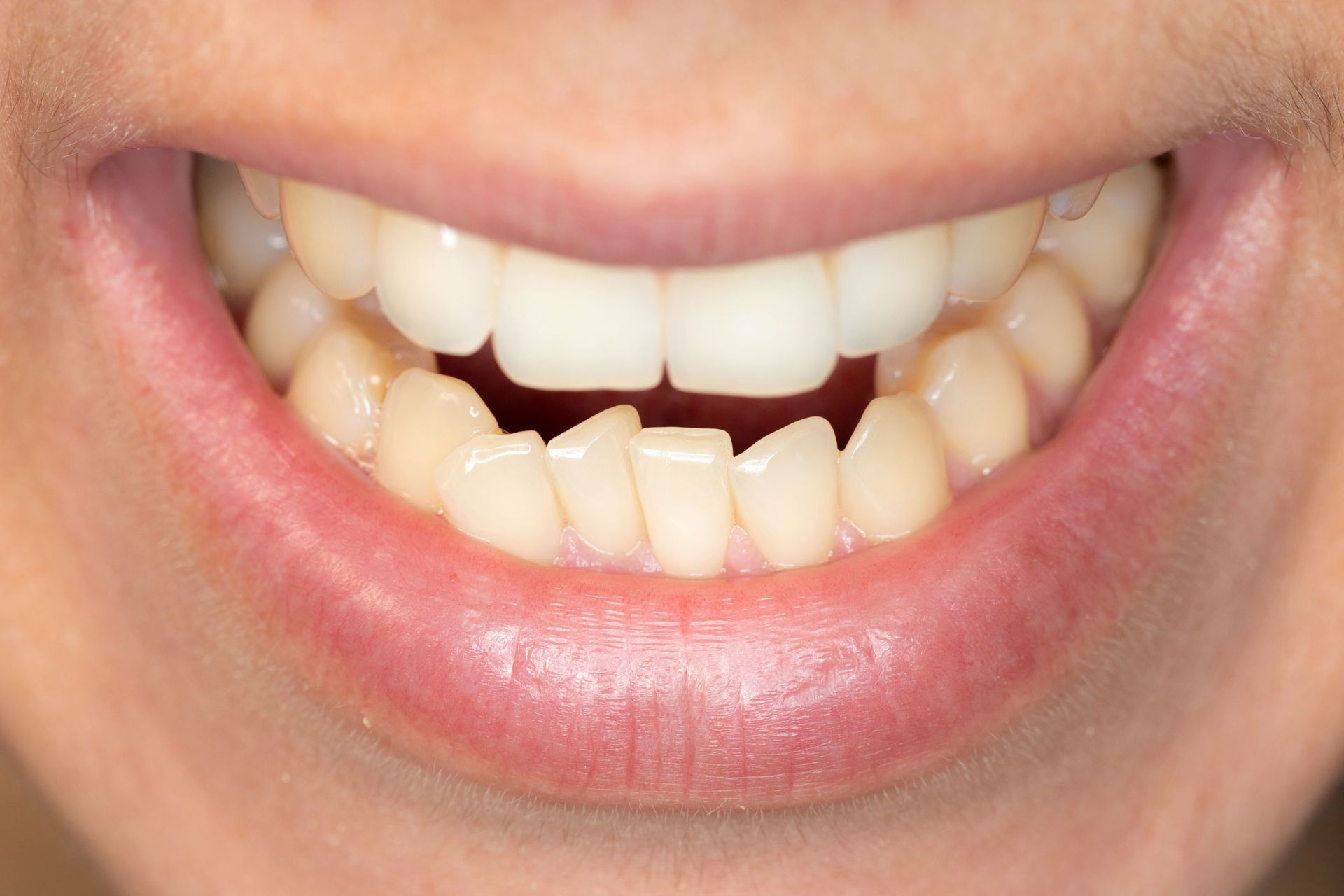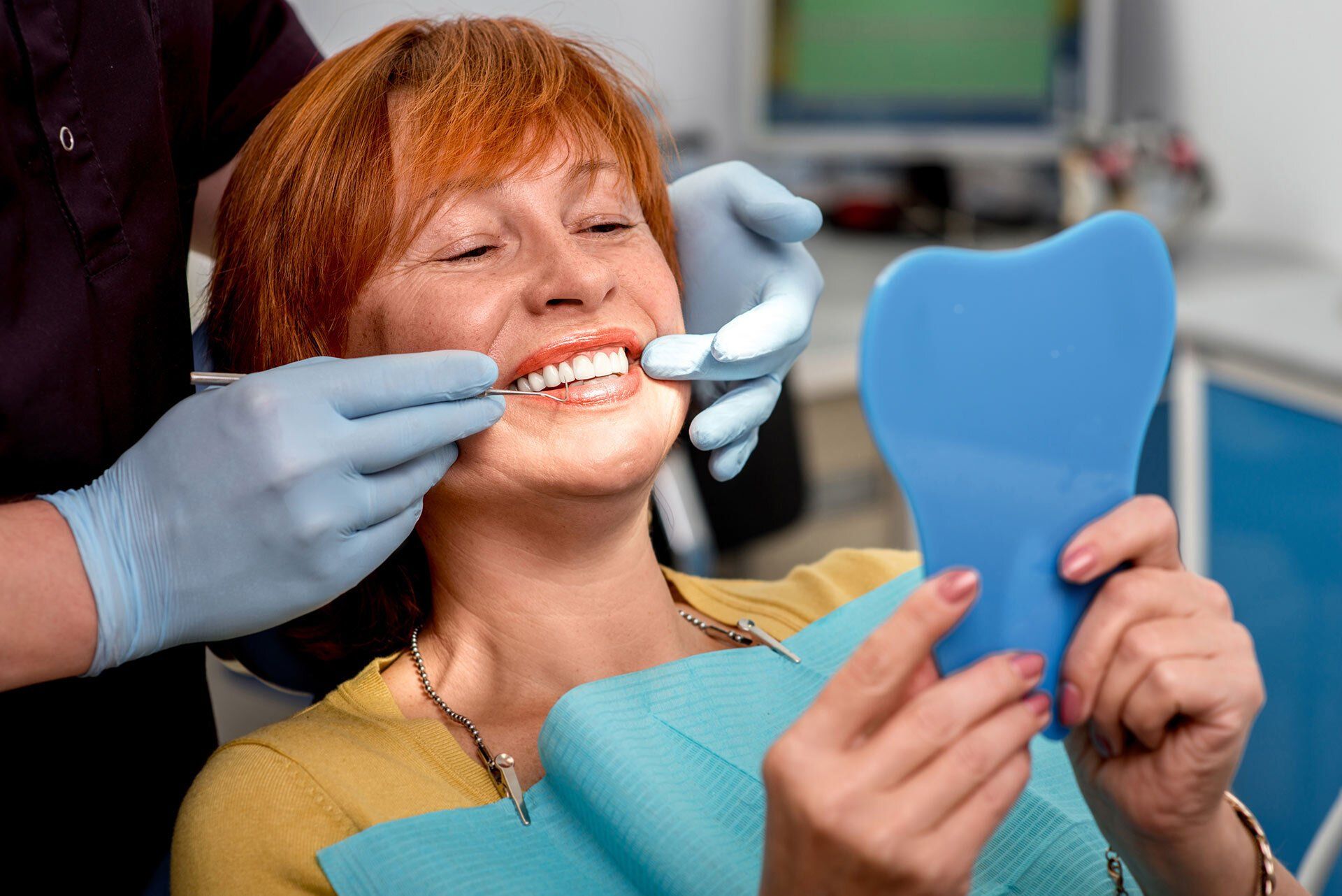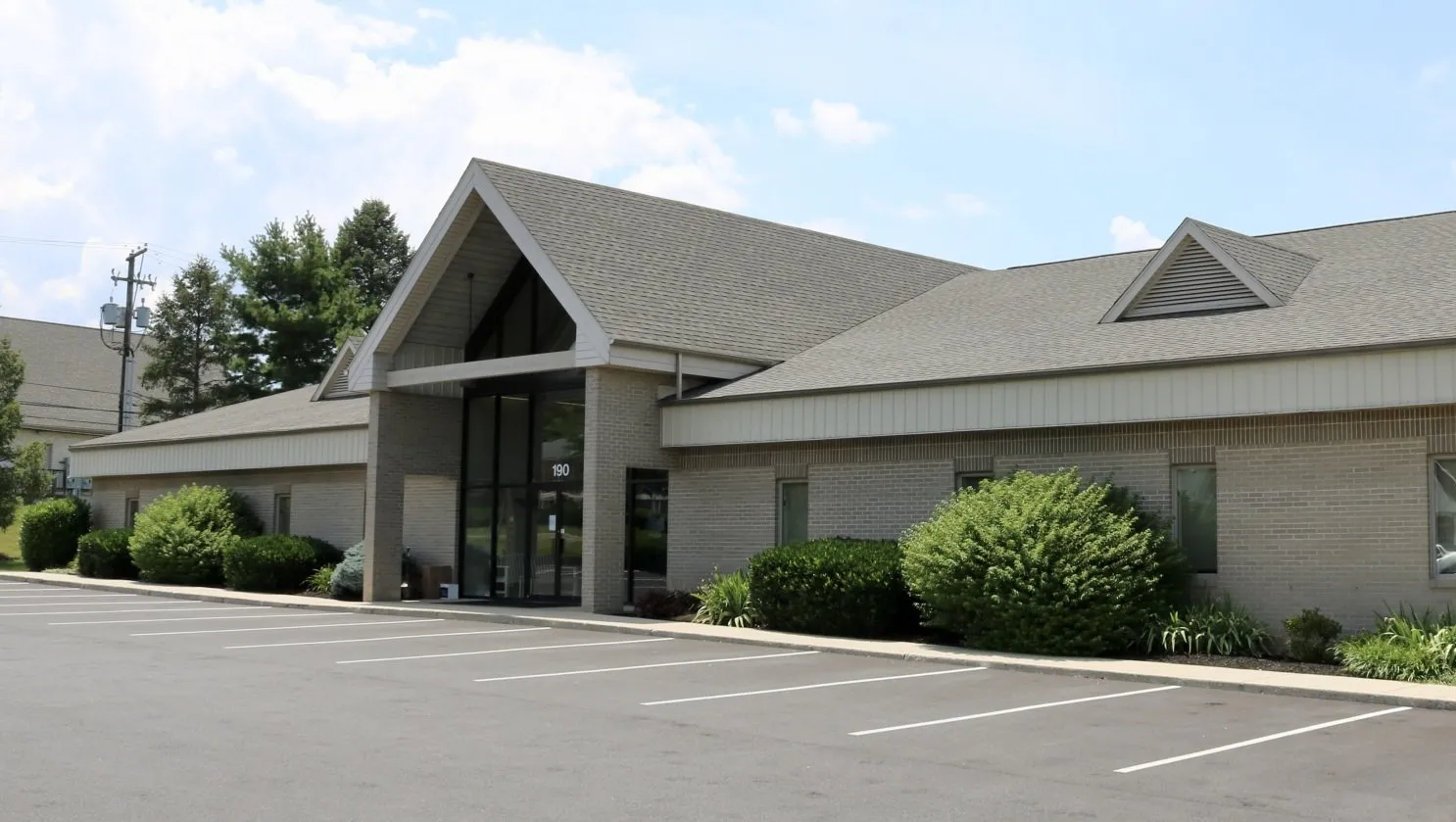Lancaster Office
Hershey Office
Lititz Office
Why You May Need Elective Jaw Surgery
Elective jaw surgery (orthognathic surgery) is not a common treatment for most dental problems. However, the surgery is sometimes effective for problems that other alternatives cannot correct. Do not despair if your dentist or orthodontist advises you to consider pursuing jaw surgery. The process, while complex, has a very long success rate when you seek out a qualified surgeon.
Below are some of the reasons your dentist, orthodontist, or oral surgeon might recommend orthognathic surgery.
Facial Injuries
Like other parts of the body, the jaw is susceptible to traumatic injuries. For example, you might suffer jaw injuries due to:
- A slip and fall accident
- An auto accident
- Assault and battery
In short, any forceful blow to the face or jaw can damage the upper and lower jaws (mandible and maxilla). These types of unfortunate and unforeseen accidents can leave you with a fracture that results in a malocclusion (inability of the teeth to come together when biting). Apart from the acute pain after the accident, the injuries can also interfere with oral functions like chewing, speaking, or affect your smile.
Temporomandibular Joint Disorders (TMD)
The temporomandibular joint, which sits on each side of the face, connects your jawbones to your skull and allows for opening and closing of your mouth. There are times when chronic pain or degeneration occur within the joint space, which results in malocclusion, jaw pain, inability to open and close your mouth, limited mouth opening, or negative affects with your smile or facial appearance.
Temporomandibular joint disorders (TMDs) are a group of health problems that can affect this joint, cause pain, and interfere with the joint's functions. Possible causes of TMD include bruxism, jaw injuries, and arthritis.
TMD can cause other problems, such as headaches, so prompt evaluation by an oral surgeon and treatment is advisable. You may need surgery for your TMD if alternative, conservative treatments, such as softened diet, OTC medications, or an oral appliance do not help.
Orthodontic Treatment
Patients often seek out an orthodontist if they are unhappy with the positioning of their teeth. There are occasions where patients have much larger problems that orthodontics alone cannot fix. These functional problems include:
- Difficulty chewing or biting food
- Difficulty swallowing
- Chronic jaw or joint pain and headaches
- Excessive wear on teeth
- Openbite
- Unbalanced facial appearance from the front or side
- Birth defects
- Receding chin
- Protruding jaw
- Inability to make the lips meet without straining
- Chronic mouth breathing or dry mouth
Elective Jaw Surgery can correct orthodontic problems that are rooted in skeletal anatomy rather than tooth anatomy.
Sleep Apnea Treatment
Sleep apnea is a sleep disorder that causes you to stop breathing intermittently throughout the night. The disorder interferes with sleep quality, and poor sleep quality can interfere with multiple aspects of your overall health.
Symptoms of sleep apnea include:
- Excessive and inappropriate daytime sleepiness
- Loud snoring occurring virtually every night
- Apneas (paused breathing) witnessed by a bed partner
- Episodes of waking at night
- Feeling short of breath or gasping for air
- Insomnia
- Problems with memory and or concentration
- Impotence
- Changes in mood (depression)
- Fatigue
The diagnosis of sleep apnea is determined by a sleep specialist and involves have a formal sleep study. Sleep apnea treatment is typically noninvasive. For example, many people benefit from continuous positive airflow pressure (CPAP) therapy. There are times when patients are unable to tolerate the CPAP machine and choose to have elective jaw surgery to correct/improve their sleep apnea.
If you are a patient that has been advised to consider elective jaw surgery (orthognathic surgery) by a clinician, seek out the consultation by an oral surgeon at Conestoga Oral Surgery. The doctors will evaluate your oral condition and then provide all of the necessary information to you and your family to assist in the decision making process of this life changing surgery. Our numerous years of expertise/experience and state of the art facilities will provide you with a sense of ease as you consider having jaw surgery.
Contact us today for a consultation.
- Mon - Thu
- -
- Friday
- -
- Sat - Sun
- Closed
